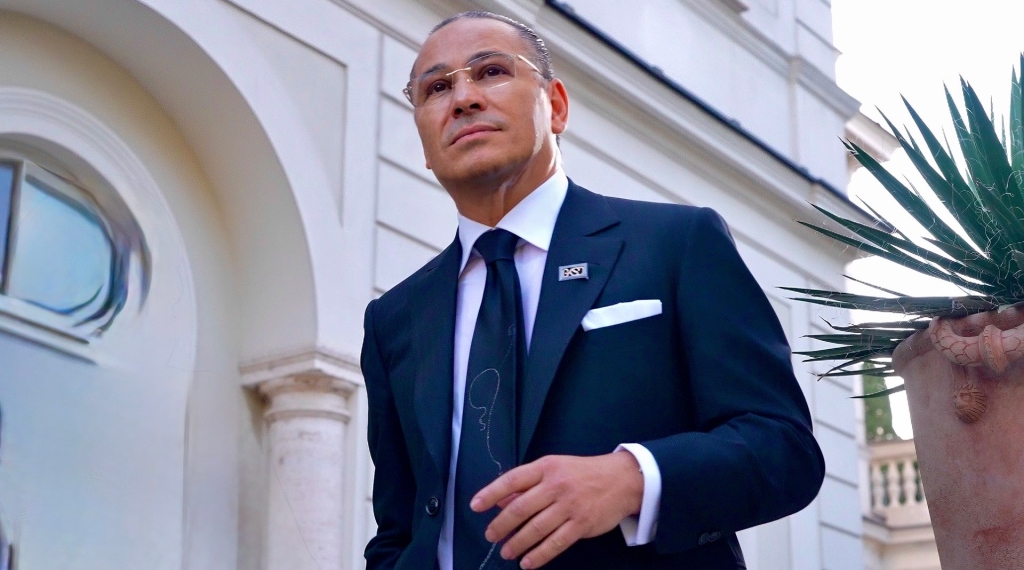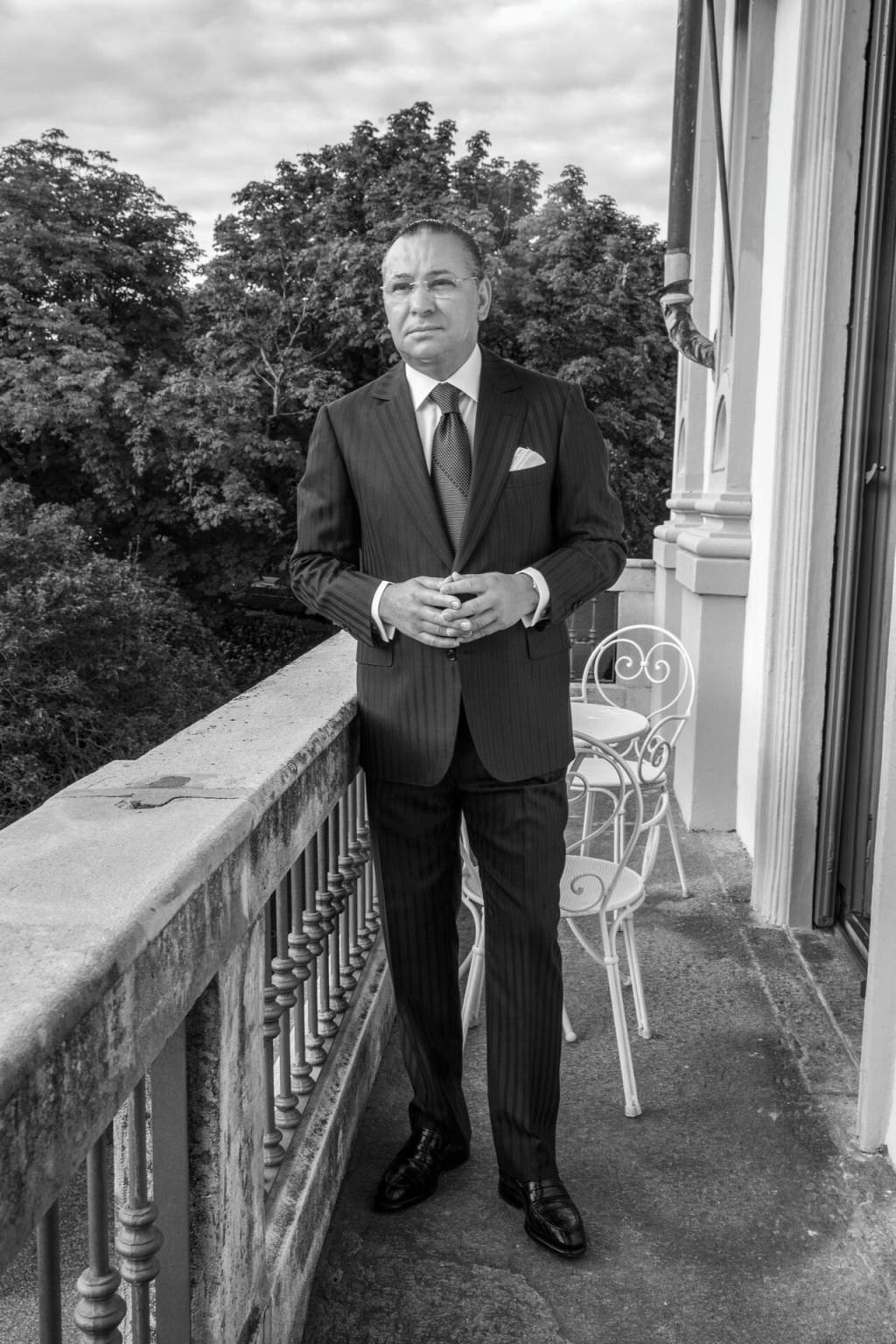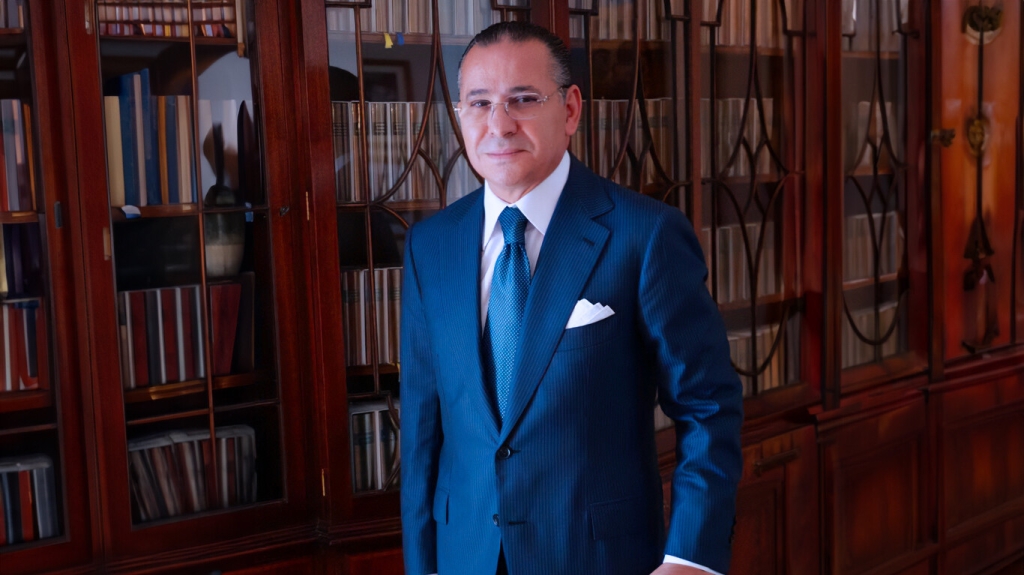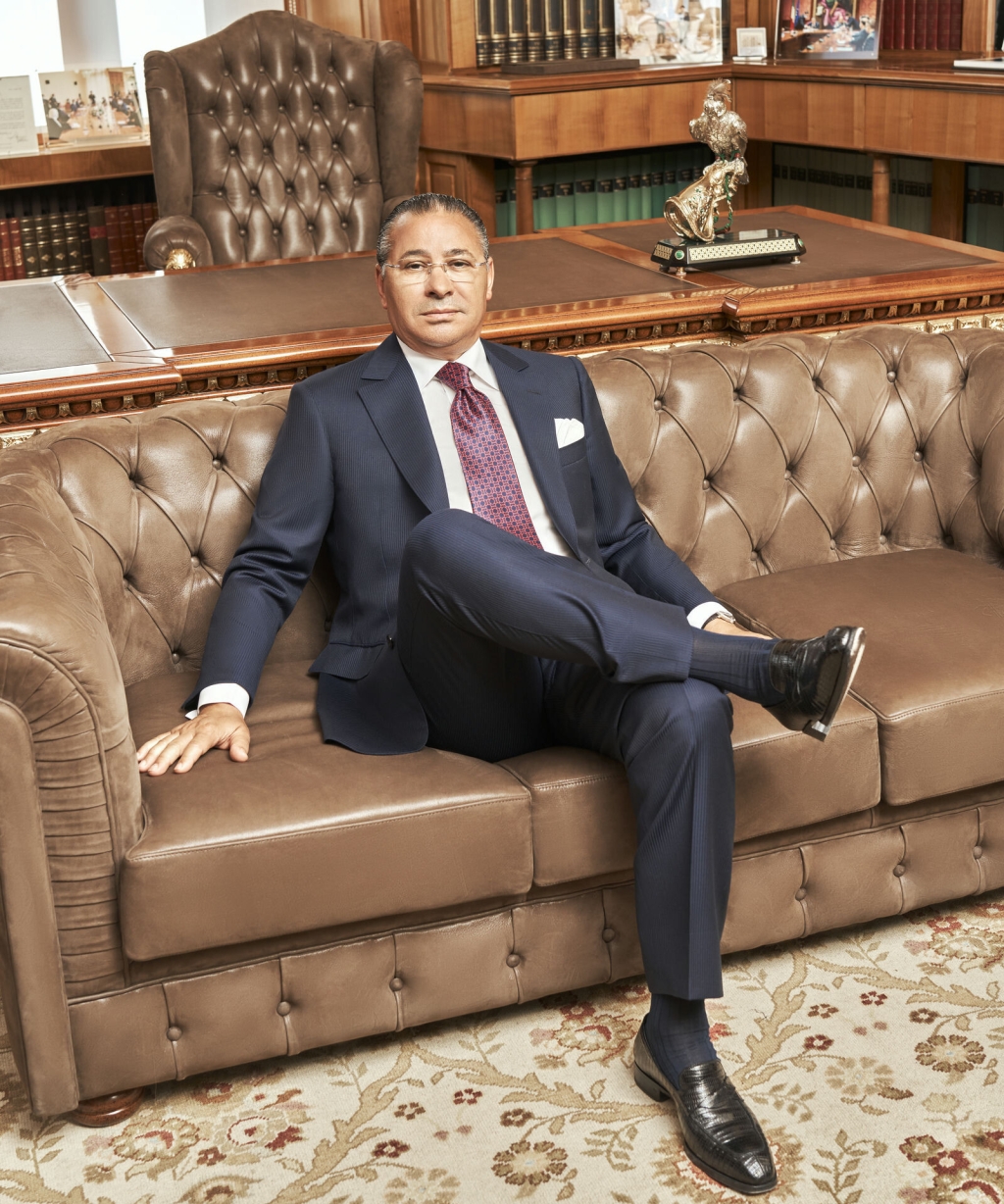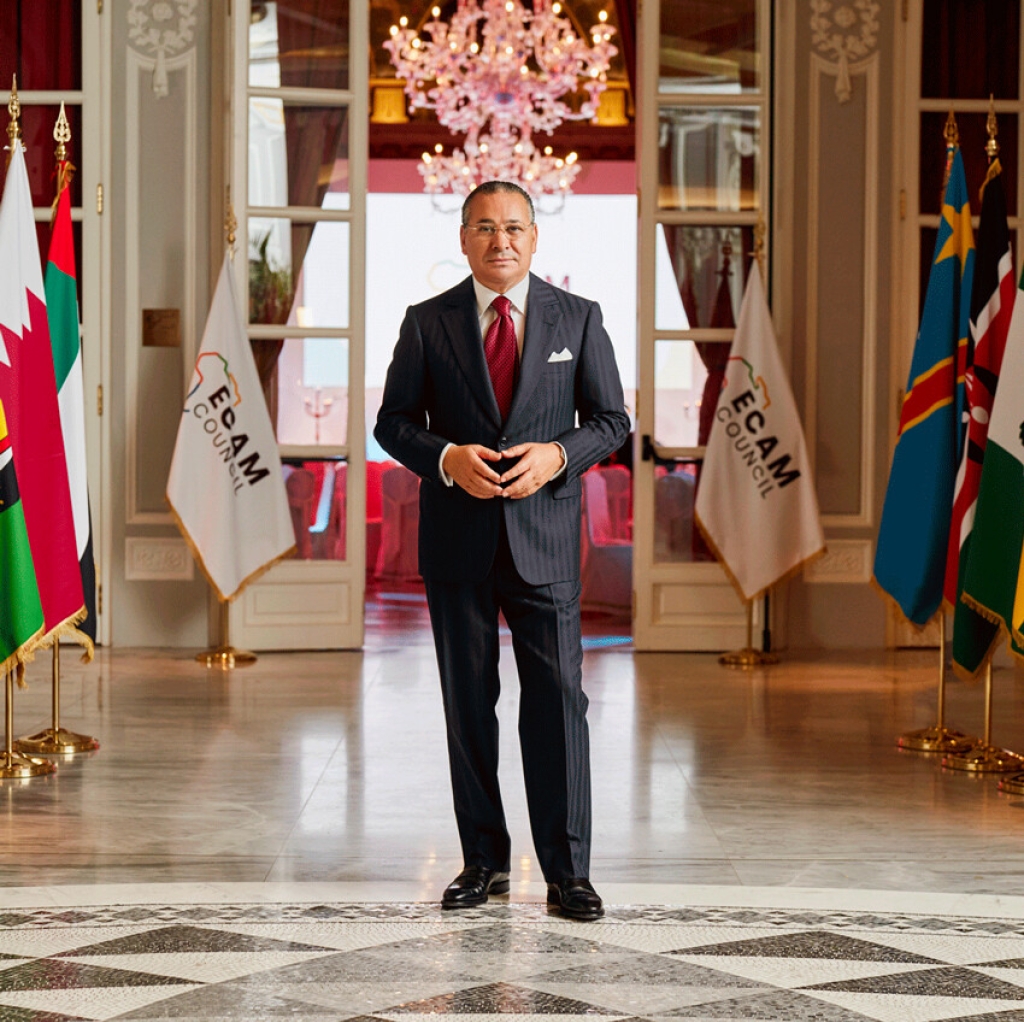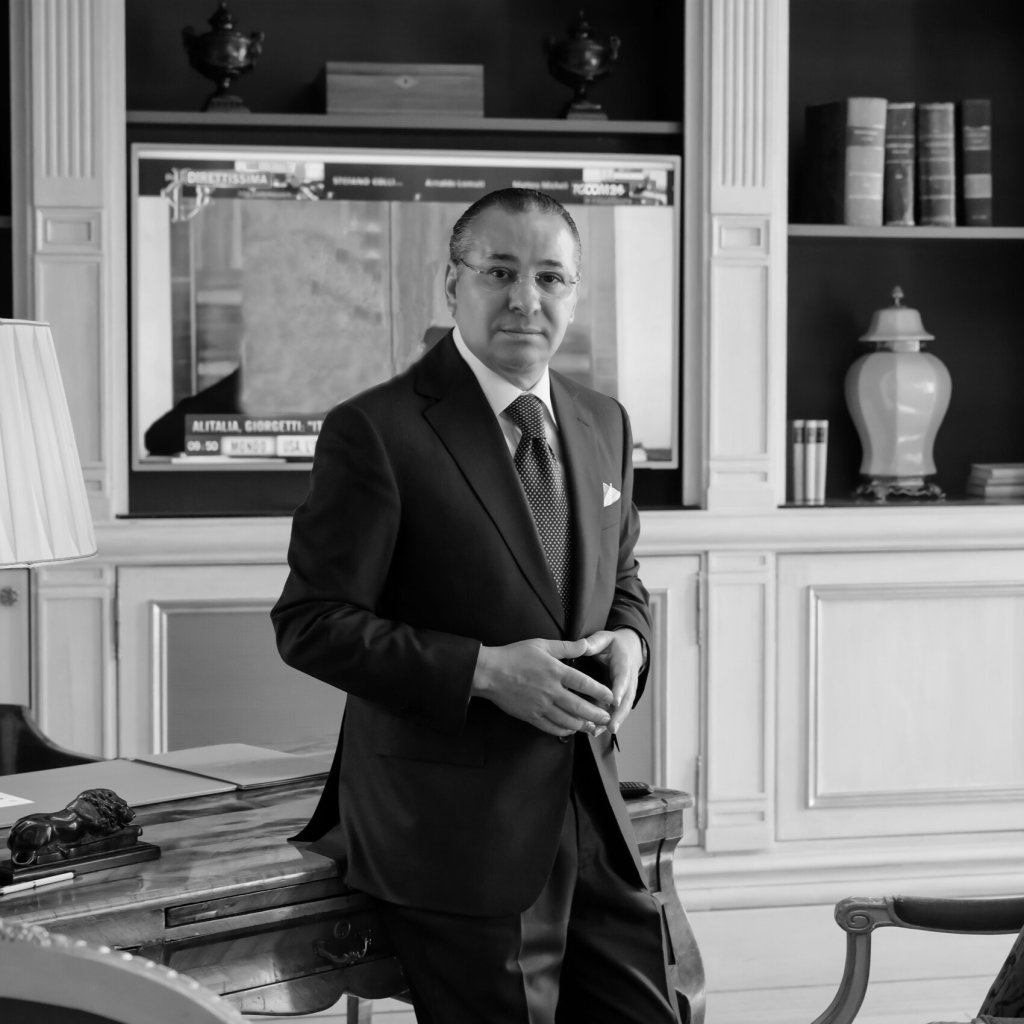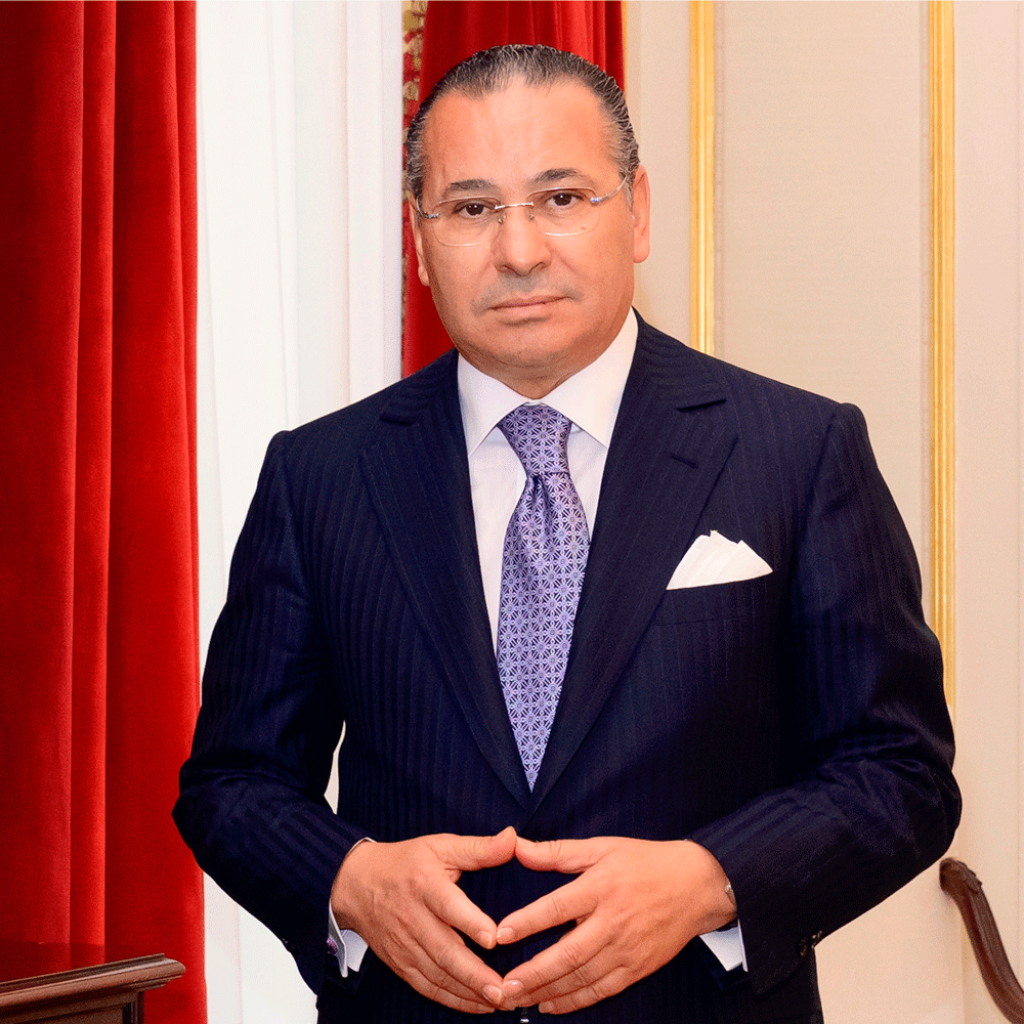If we cannot learn from history, we are doomed to repeat it
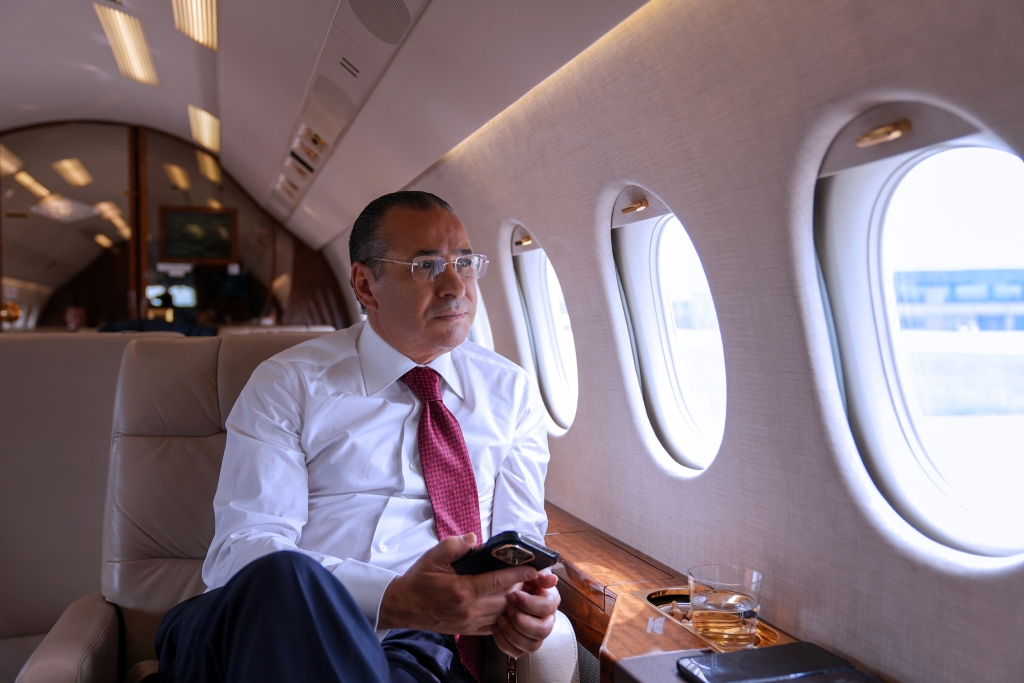
In the 5th Century B.C., a Greek geographer wrote a monumental piece of work that became known as “The Histories”. This work was so significant in its scope and content that its writer, Herodotus of Halicarnassus, was not only widely recognised as the father of history during his lifetime but is still considered so to this day. What is intriguing about his work, is how he used history to pose questions about the nature of society through the exploration of events that shake the world order. What I find even more revealing is how, even in the 5th Century B.C., cultures were grappling with the same three important themes that cause the world strife today; namely: “The struggle between East and West”; “The power of liberty” and “The rise and fall of empires”. That we are living with the consequences of failing to address these three questions today there is no doubt. That we have failed to heed Herodotus, when in his The Histories, he explored how significant events could teach us to learn from the mistakes of history, there is also no doubt.
As 2022 nears an end I find myself asking why, notwithstanding the centuries of enlightenment, progress and innovation, we have failed to learn the lessons of history. Why do we fail to show a willingness to take responsibility for the mistakes made in the past and learn from them? Why can we only ever go so far in our desire to work together to find ways to cooperate for the greater good? Why do we manipulate history to fit a specific narrative? Why is peace so elusive for humanity?
Perhaps, as Herodotus pointed out, human hubris is the key and the cause of our downfall. Pride often prevents us from seeing the value of dialogue with those whom we consider our enemy. Yet, the experience of history shows us that that dialogue is necessary for true peace. Conflict can only be avoided when we understand the true value of dialogue and prioritise dialogue through honest and open discussion. The events of 2022 have shown yet again how the absence of dialogue leads to violence, war, economic hardship, desolation and ruin.
When will we understand that peace cannot be established and maintained unless through sincere dialogue and the search for a solution by peaceful means? When will we learn that it is only through persistent determination, negotiation, mediation and arbitration, that we can bring divided people together? When will we understand the value of all human life and respect it? When will we bring an end to needless human suffering?
The conflicts that we witness today have their roots in frequently misguided political agendas that continue to paralyse progress making the goal of peace and stability among nations seem ever more elusive. Yet we must never forget that when agreement is not reached and diplomacy appears to fail, we must not consider the failure to reach consensus as defeat; rather, we have a duty to concentrate and push our leaders and politicians and heads of state to work on our behalf and find areas where common ground is shared. We must unite and push for a shift in expectations on all sides. Now, more than ever, we need to get our negotiators back to the negotiating table rather than resting our hopes in dysfunctional policies that have proven repeatedly to fail and cause populations to be caught up in endless cycles of violence and conflict.
Peace does not lie in the hands of a few; rather, it relies on the energy, commitment and willingness of all to participate in a long, difficult and often exasperating process. Perhaps more fundamentally, it also relies on us setting aside personal political, economic, cultural and religious concerns in favour of one common goal – peace and harmony.
Notwithstanding the current pessimism, I nonetheless firmly and profoundly believe that if we dare to use our diplomats and negotiators to challenge the present ideological positions we are faced with across the political spectrum, then conflict resolution is not beyond our reach.
My wish for 2023 is that after centuries of conflict and war we will finally find the courage to strive for and prioritise peace and stability, even if it means setting aside national attitudes and foreign policies in favour of fostering dialogue. Passion must not override justice. We cannot sacrifice human life in the name of political opportunism. Peace is the duty of everyone, and we can all play a role in finding universal, non-partisan solutions to problems by engaging in and changing public opinion through education and honest debate.
Unless we do this, we will never learn the lesson Herodotus tried to teach us centuries ago – that it is only when we learn from history that we will achieve, not simply peace in our time, but peace for all time.
